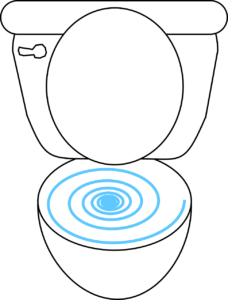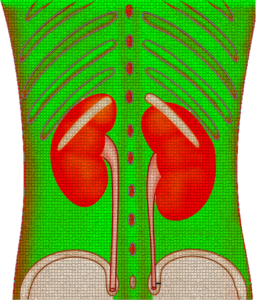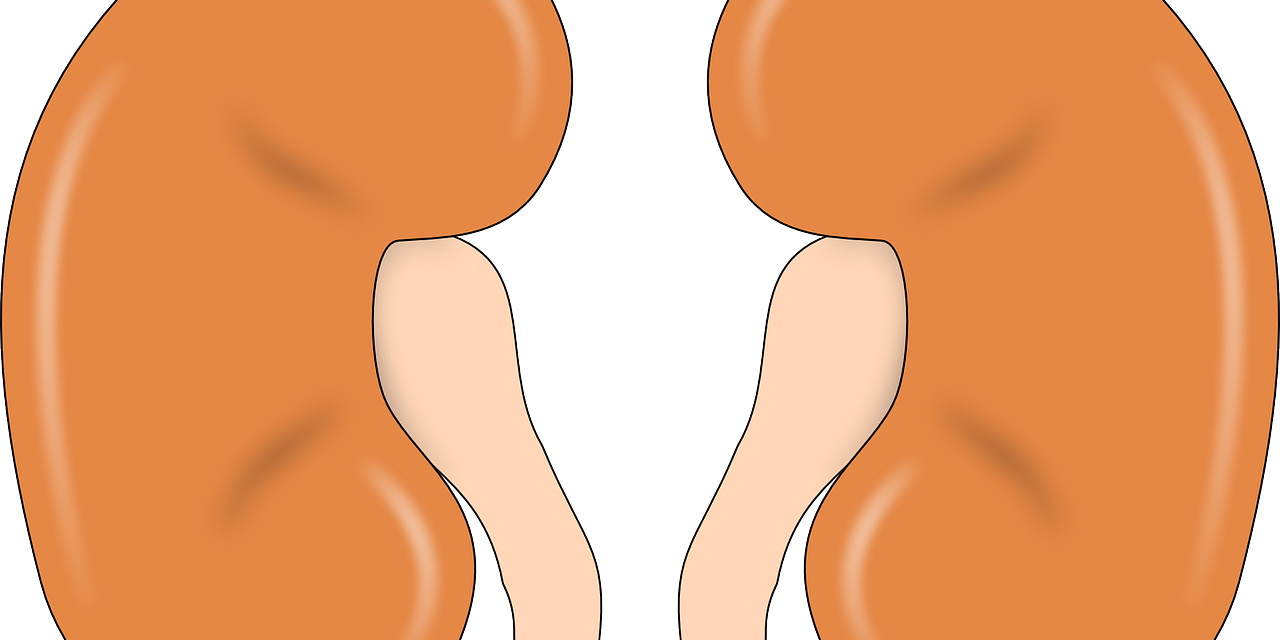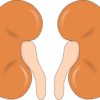Our kidneys are a God-given powerhouse. Read on to learn why and how to effectively look after them.
Most of us have two kidneys, which are interestingly shaped like the kidney bean. Each kidney is 10-15 centimeters long, located on either side of the spine, and seated deep inside the abdomen, which acts as a layer of protection. The kidneys have many important functions; however today, we’ll focus on it’s primary function of taking waste out of the blood in the form of urine, because both understanding and effectively supporting this key function will optimise not only how your kidneys work but your entire body.
Question. Why is it that over 63,000 people in the UK, and circa 661,000 people in the U.S. are currently being treated for kidney failure? In addition, here in the UK over 3 million people are being treated for Chronic Kidney Disease (CKD). A further, 1 in 10 people in the UK, between the ages of 30 and 60 get kidney stones, and more than half a million people in the U.S. end up in the emergency room with kidney stone issues. To address this question, and these issues, we need to first begin by understanding how the kidney filtration function works.
So what is the basic filtering function of the kidneys?

The heart pumps blood through the renal arteries and kidneys at a rate of about 1900 litres every 24 hours. This is because the average adult has between 4.5 and 5 litres of blood, and so one’s total blood supply goes through the kidneys about 400 times every 24 hours.
There are over 63,000 people in the UK, and circa 661,000 people in the U.S. that are currently being treated for kidney failure.
Most of this blood goes to nourish the kidney structures, the adrenal glands and other surrounding tissues. The adrenal glands are small, triangular-shaped glands located on top of both kidneys. Adrenal glands produce hormones that help regulate your metabolism, immune system, blood pressure, response to stress and other essential functions. So they’re very important!
Of the 1900 litres of blood that goes through the kidneys per day, 190 litres of it, (made up of over 90% water), is then filtered through the kidneys. That is a lot of work for just one organ of the body to do. This is just one reason why we need our kidneys to function well; as they are constantly working hard to keep our blood clean and ensure all the other functions, including those mentioned regarding the adrenal glands, can be effectively completed on a daily basis.
Now the kidneys are part of the urinary tract system that is designed to expel, or remove waste from our bodies, in the kidney’s effort to keep us healthy. Of course, the more toxins, poisons and bad things we put into our bodies, the harder our kidneys have to work. We may start with top of the range kidneys, but over days, weeks, months and years, we can slowly damage our kidneys by the things we choose to consume in the form of food and drink. Conversely, we may keep top of the range kidneys if we support them as best we can by putting only the best food and drink into our bodies.
Adrenal glands produce hormones that help regulate your metabolism, immune system, blood pressure, responses to stress and other essential functions. So they’re very important!
Of the 190 litres of blood that is filtered in the kidneys, 188 litres remains in the body, and the final 2 litres of mainly water, is expelled from the body, in the form of urine. (Kidney.org) Expelling urine is important for good kidney health as urine contains salts, urea and other toxins which need to be filtered out of the blood to keep it pure. As previously mentioned, an amazing 1900 litres of blood goes through the kidneys per day. If your kidneys are unable to execute the above filtration process, the person will need to revert to the process known as dialysis, where the filtration is artificially done. This inconvenience alone should encourage us to keep our kidneys in good working order.
 Other essential functions of the kidneys include:
Other essential functions of the kidneys include:
- Keeping bones healthy
- Making a hormone that controls the production of red blood cells
- Regulates blood pressure
- Maintains the acid-base balance (the pH) of the blood
- They keep the electrolytes (sodium and potassium being the most important), and water content of the body constant.
Now the above is a short version of what the kidneys automatically do for us on a daily basis. Amazing right?
So now I guess you’re wondering how can I support my kidneys functions?
Below are our top tips for keeping your kidneys in good working order.
Tip #1
To avoid kidney problems ensure you drink well over 2 litres of water per day. In fact, many doctors including Dr. Brooke Goldner recommend drinking a gallon of water per day. This makes perfect sense, seeing as the kidneys alone expel about 2 litres of water per day. Make sure to space out the drinking of your water throughout the day as your body can’t use too much at once! Also if you have water retention or other health issues be sure to consultant with your physician.
Tip #2
Ensure you engage in exercise that increases your heart rate slightly to aid in good circulation. Perfection health depends on perfect circulation.
Tip #3
Avoid fried or processed fatty foods as this just contributes to clogging up your arteries. That includes plant-based fried foods, frying food is not a healthy option as it causes inflammation. Steaming or baking with just a little cold-pressed avocado or coconut oil may be a better option.
Tip #4
Avoid refined (altogether) and even unrefined sugars on a regular basis. Sugar is sugar, and can cause kidney complaints and many other health issues. Sugar should constitute a small amount of our diet. Instead, of lots of sugar, make use of fresh fruits, which contain natural sugars, and eat them as part of a balanced diet.
Tip #5
Be sure to eat lots of fruit and vegetables. Melons are great in supporting good kidney health. It’s recommended that you eat them alone due to their high water content (meaning they digest super quick). Make sure to eat a variety of fibre rich vegetables such as fresh kale, swiss chard, courgettes, cabbage, spinach etc.
Tip #6
Good Hygiene. Ladies, we need to wipe front to back, so as not to allow germs to get into the urethra, which is the duct that transmits urine from the bladder to the exterior of the body during urination, and it’s connected to the kidneys – we want to keep infections at bay!
Tip #7
Avoid animal protein altogether, and eat plant protein in moderation. Uric acid is a byproduct of protein digestion, and with other substances, it becomes urine. When too much protein is eaten, excess uric acid can instead crystallise, lodge in joints and cause a painful joint condition called gout. Other common conditions may also appear such as kidney stones.
Feel free to let us know if you learnt anything about the importance of your kidney health in the comments section below.
Don’t forget to like, share and follow us @establishlife on Facebook, Instagram and Twitter if you learnt something!
References:
Kidney.org/kidneydisease/howkidneyswrk, July 23, 2020









